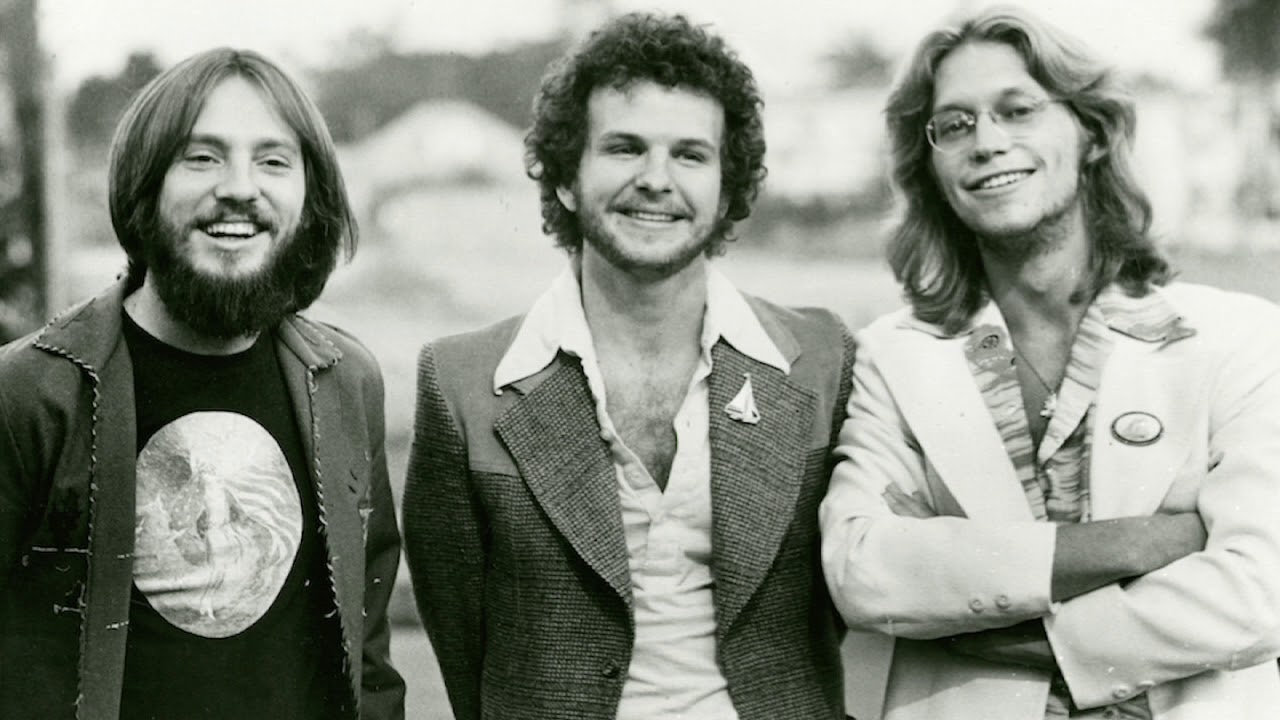
The Quiet Sorcery of Belief: A Soft Rock Invocation to Self-Empowerment
When America released “You Can Do Magic” in 1982, it marked both a stylistic rebirth and a surprising commercial resurgence for the folk-rock veterans. Included on their album View from the Ground, the single climbed to No. 8 on the Billboard Hot 100—America’s first Top Ten hit since 1976’s “Today’s the Day.” With its shimmering production and radio-friendly polish, “You Can Do Magic” not only rekindled public interest in the band but also served as a bridge between their acoustic roots and the emerging synth-laced textures of early ’80s pop.
Though known primarily for their earlier pastoral anthems like “A Horse with No Name” and “Sister Golden Hair,” America, now operating as a duo—Gerry Beckley and Dewey Bunnell—sought fresh sonic territory in the early ’80s. For this particular track, they turned to British musician and songwriter Russ Ballard, whose songwriting credits read like a blueprint for arena-ready introspection. Ballard not only penned “You Can Do Magic” but also produced it, embedding it with his signature blend of melodic clarity and studio precision.
At its heart, the song is an ode to quiet transformation—the kind that unfolds not with thunderclaps or declarations but with intimate revelation. The lyrics speak in metaphors of enchantment: “You can do magic / You can have anything that you desire.” It is a lyrical sleight of hand, where the language of wizards and spells becomes a vehicle for something far more grounded—the transformative power of love or perhaps belief itself. The “you” in question is both muse and mirror, someone who inspires alchemy not through potions or prestidigitation, but through sheer presence.
Musically, the song embraces the softness of its message. Its gentle synths drift like mist across a moonlit pond, while crisp guitar lines trace emotional contours without ever overwhelming them. Beckley’s vocal delivery is restrained yet tinged with awe, as though still surprised by the spell being cast upon him. Ballard’s production avoids grandiosity; instead, it settles into a mid-tempo glide that feels timeless, unhurried—a sonic incantation unfolding with graceful inevitability.
In many ways, “You Can Do Magic” functions as both a love song and an affirmation. It captures that rare moment when one realizes that empowerment can come not from within alone, but from how another sees us—from the gentle way someone believes in us until we remember how to believe in ourselves. It is pop alchemy at its most understated: a song that sparkles not with bombast, but with quiet assurance. In resurrecting their chart presence through this shimmering single, America reminded listeners—and perhaps themselves—that reinvention need not be loud to be lasting. Sometimes magic speaks in whispers.